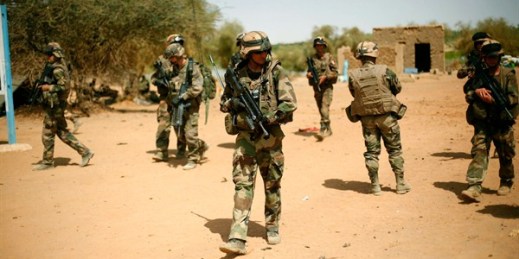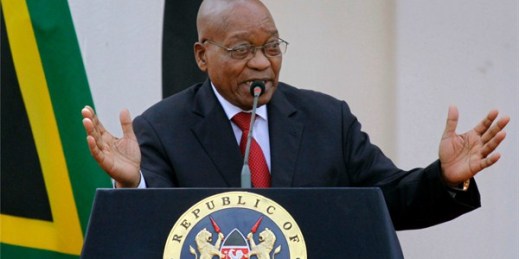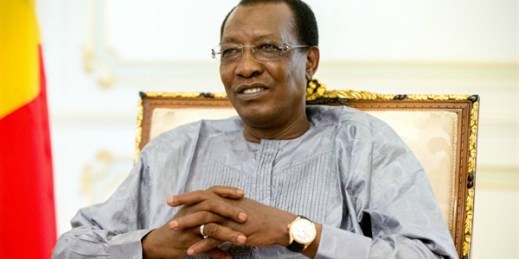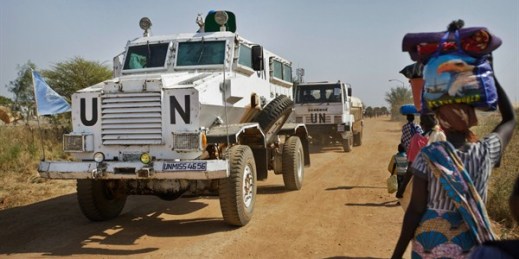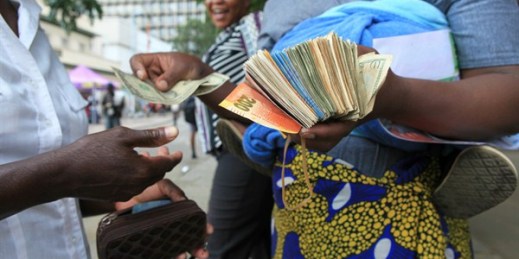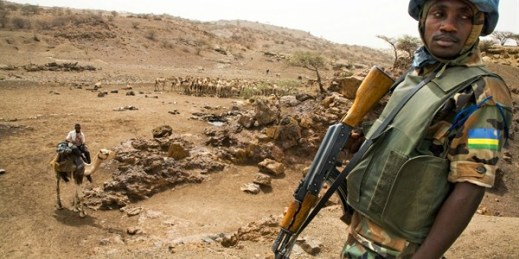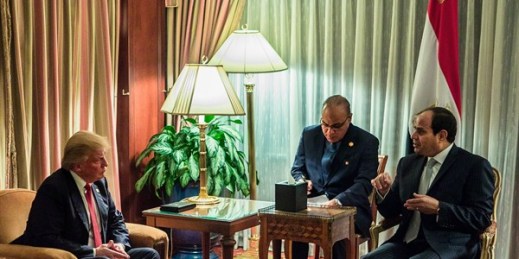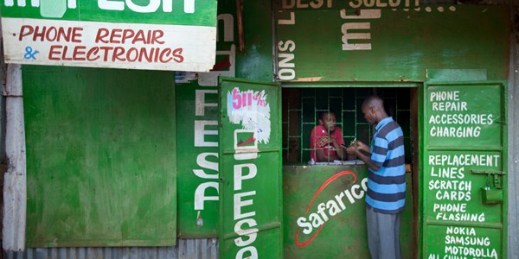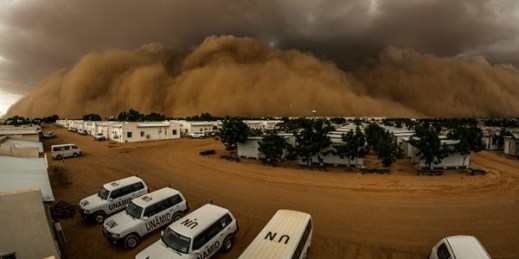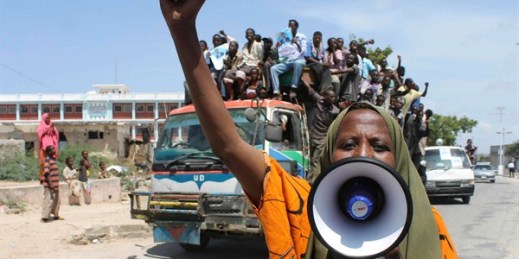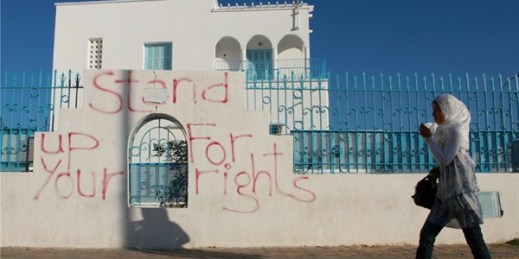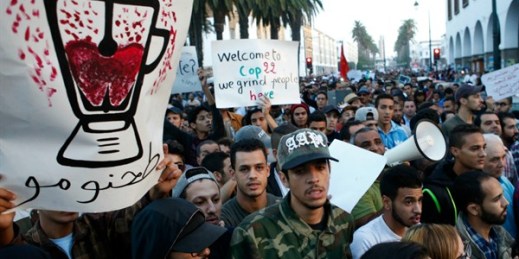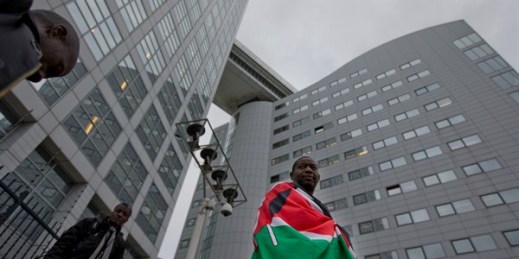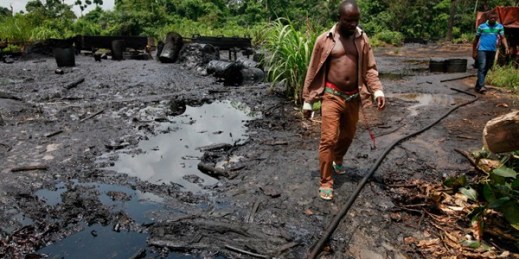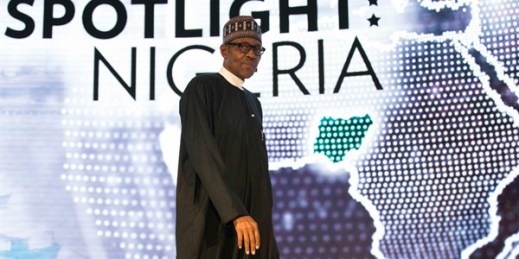
In late October, the Miners Association of Nigeria held its first Mining Week summit, part of the country’s attempts to jump-start its promising but seriously neglected and underperforming mining sector. The summit hosted local miners, junior and senior mining operators, exploration firms, local and international investors and Nigerian government officials, all focused on re-establishing Nigeria as a global mining hub. Nigeria’s expansive mineral wealth is no secret. During British colonial rule, which ended in 1960, the country ranked among the world’s top producers of tin. Later geological surveys in the 1970s, which were recently updated between 2003 and 2010, helped […]

